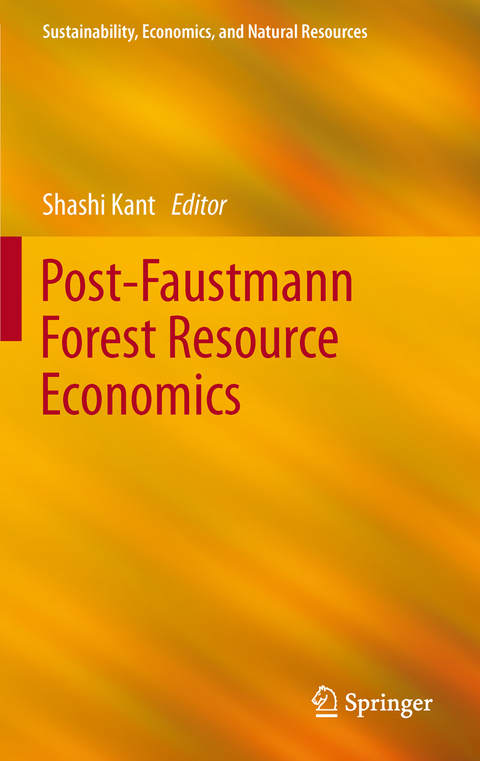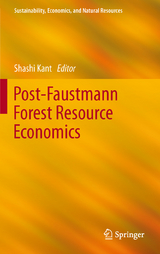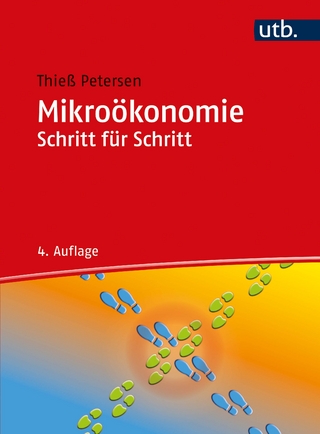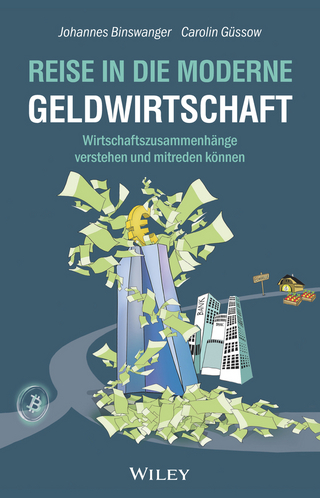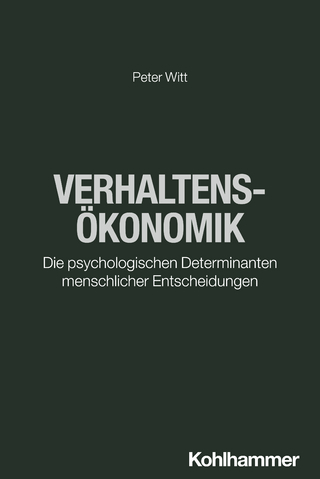Post-Faustmann Forest Resource Economics
The first book on the topic offers 21st century alternatives to the 163 year-old Faustmann paradigm at the heart of forest resource economics. Since that time, many new streams of economics - including agent-based economics, behavioral economics, complexity theory, ecological economics, evolutionary game theory, social choice theory and public choice theory - have extended the horizons of economic thinking far beyond the limits of neoclassical economics. Today, the role of multiple forest ecosystem services in climate change, human health, environmental sustainability and human development is increasingly recognized, and attention turns to enhancing the contribution of forests to a "green" economy rather than the traditional contribution of forests to an industrial economy. The fourth volume in the Sustainability, Economics and Natural Resources series, Post-Faustmann Forest Resource Economics focuses on the new paradigm of forest economics. The first chapter lays the foundation of the PFFRE, presenting the key distinctions between the FFRE and the PFFRE. Twelve following chapters address issues related to forest economics from perspectives different than the FFRE. Chapters 2 to 6 discuss issues related to human behavior that is different than the traditional "rational economic man," Chapters 7 and 8 examine public choice theory, Chapters 9 and 10 survey systems approaches, and Chapters 11 to 13 describe incremental approaches for incorporating new features in the FFRE.
1. Post-Faustmann Forest Resource Economics.- Part one: Human behaviour and forest resource economics.- 2. Are Forest User Groups Rational Economic or Social Agents? Experimental Evidence from India.- 3. Complexity Theory and Forest Resource Economics.- 4. Modeling Forest Sector Structural Evolution with the Experience Weighted Attraction Learning (EWA-LITE) Algorithm.- 5. Forest Management and Landowners’ Discount Rates in the Southern United States.- 6. Impatience, Inconsistency, and Institutions to Counter their Effects On Sustainable Forest Management.- Part two: public choice theory and forest resource Economics.- 7. Public Choice, Rent Seeking and the Forest Economics Policy Nexus.- 8. The Political Economy in Forest Policy Making: Economic Efficiency and Beyond.- Part three: systems approaches to forest resource economics.- 9. Economics of Forest Ecosystem Restoration: A Systems Approach.- 10. Economics of Multiple Forest Values and Life Cycle Analysis.- Part four: incrementalist approaches to forest resource economics.- 11. Economic Modeling in Forestry: Avoiding Lucas Critique.- 12. Multiple Forest Stocks and Harvesting Decisions: The Enhanced Green Golden Rule.- 13. Land Expectation Value to Profit Maximization: Re-examination of Faustmann Formula.- Index.
| Reihe/Serie | Sustainability, Economics, and Natural Resources ; 4 |
|---|---|
| Zusatzinfo | 18 Illustrations, color; 38 Illustrations, black and white; XVII, 293 p. 56 illus., 18 illus. in color. |
| Verlagsort | Dordrecht |
| Sprache | englisch |
| Maße | 155 x 235 mm |
| Themenwelt | Wirtschaft ► Volkswirtschaftslehre ► Mikroökonomie |
| ISBN-10 | 94-007-5777-8 / 9400757778 |
| ISBN-13 | 978-94-007-5777-6 / 9789400757776 |
| Zustand | Neuware |
| Haben Sie eine Frage zum Produkt? |
aus dem Bereich
